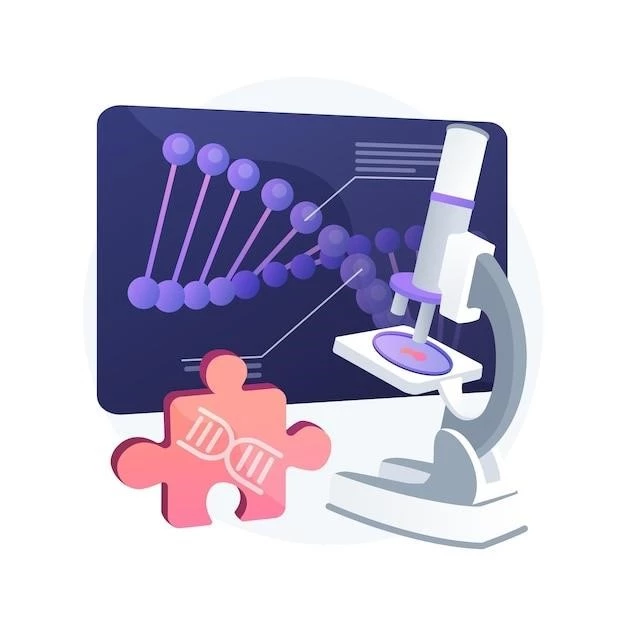Introduction
Mucopolysaccharidosis type I Hurler-Scheie syndrome is a rare inherited disorder caused by a deficiency in a lysosomal enzyme, resulting in various clinical manifestations.
Overview of Mucopolysaccharidosis Type I Hurler/Scheie Syndrome
Mucopolysaccharidosis type I (MPS I) is a rare genetic metabolic disorder caused by the deficiency of a lysosomal enzyme required to break down mucopolysaccharides. It presents as a spectrum of severity, with classifications like Hurler syndrome, Hurler-Scheie syndrome, and Scheie syndrome, showcasing varying clinical manifestations and impact on different organ systems.
Classification and Symptoms
Mucopolysaccharidosis type I is classified into severe (Hurler syndrome) and attenuated types (Hurler-Scheie and Scheie syndromes) with varying clinical manifestations.
Classification into Severe (Hurler Syndrome) and Attenuated Types (Hurler-Scheie and Scheie Syndromes)
Mucopolysaccharidosis type I (MPS I) is classified into three syndromes⁚ Hurler syndrome (severe), Hurler-Scheie syndrome (intermediate), and Scheie syndrome (mild), each presenting with a spectrum of clinical manifestations and severity.
Genetic Basis
The genetic basis of Mucopolysaccharidosis type I Hurler-Scheie syndrome lies in the deficiency of the lysosomal enzyme α-L-iduronidase, crucial for breaking down mucopolysaccharides.
Deficiency of Lysosomal Enzyme α-L-Iduronidase
The genetic basis of Mucopolysaccharidosis I (MPS I) Hurler-Scheie syndrome lies in the deficiency of the lysosomal enzyme α-L-iduronidase, leading to the accumulation of glycosaminoglycans and various clinical manifestations.
Clinical Presentation
Mucopolysaccharidosis type I Hurler-Scheie Syndrome presents with distinct physical deformities and developmental anomalies, showcasing a range of clinical manifestations.
Physical Deformities and Developmental Anomalies
Mucopolysaccharidosis type I Hurler-Scheie syndrome manifests with a variety of physical deformities and developmental anomalies, including skeletal abnormalities, facial features, ocular issues, and organ involvement, all contributing to the complex clinical presentation of the syndrome.
Enzyme replacement therapy (ERT) and hematopoietic stem cell transplantation (HSCT) are common diagnostic approaches for Mucopolysaccharidosis type I Hurler-Scheie syndrome.

Diagnostic Approaches
Enzyme replacement therapy (ERT) and hematopoietic stem cell transplantation (HSCT) are common diagnostic approaches for Mucopolysaccharidosis type I Hurler-Scheie syndrome.
Newborn Screening for MPS I
Quantification of IDUA enzyme activity and follow-up testing are vital components of newborn screening for Mucopolysaccharidosis type I Hurler-Scheie syndrome.
Quantification of IDUA Enzyme Activity and Follow-Up Testing
Quantification of IDUA enzyme activity in newborn screening for MPS I Hurler-Scheie syndrome is crucial. Follow-up testing confirms deficiency and elevations in glycosaminoglycan levels, leading to appropriate diagnosis and intervention strategies.
Single-gene testing and multigene panel analysis are common methods used for genetic testing in Mucopolysaccharidosis type I Hurler-Scheie syndrome.
Genetic Testing
Single-gene testing and multigene panel analysis are commonly utilized for comprehensive genetic testing in Mucopolysaccharidosis type I Hurler-Scheie syndrome.
Consultation with pediatric specialists and considerations for hematopoietic stem cell transplantation (HSCT) are essential therapeutic interventions in managing Mucopolysaccharidosis type I Hurler-Scheie syndrome.

Therapeutic Interventions
Consultation with pediatric specialists and considerations for hematopoietic stem cell transplantation (HSCT) are essential therapeutic interventions in managing Mucopolysaccharidosis type I Hurler-Scheie syndrome.
Prognosis and Long-Term Management
Outcome variability and the importance of multidisciplinary follow-up are crucial for the prognosis and long-term management of Mucopolysaccharidosis type I Hurler-Scheie syndrome.
Outcome Variability and Importance of Multidisciplinary Follow-Up
Mucopolysaccharidosis type I Hurler-Scheie syndrome exhibits a wide range of outcomes, highlighting the necessity of comprehensive and ongoing multidisciplinary follow-up to address the diverse clinical needs and provide optimized long-term management for affected individuals.
Complications and Associated Conditions
Mucopolysaccharidosis type I Hurler-Scheie syndrome has a significant impact on different organ systems and cognitive development, leading to a range of associated complications.
Impact on Different Organ Systems and Cognitive Development
Mucopolysaccharidosis type I Hurler-Scheie syndrome significantly affects various organ systems and cognitive development, leading to a complex array of associated conditions and complications. The impact ranges from skeletal abnormalities, characteristic facial features, and ocular issues to cognitive impairment, respiratory infections, and skeletal deformities. Early diagnosis and multidisciplinary management are crucial for addressing these diverse manifestations and ensuring optimal long-term care for affected individuals.
Research and Future Directions
Ongoing studies and potential treatment advancements are crucial for advancing the understanding and management of Mucopolysaccharidosis type I Hurler-Scheie syndrome.
Ongoing Studies and Potential Treatment Advancements
Current research in Mucopolysaccharidosis type I Hurler-Scheie syndrome focuses on ongoing studies and potential treatment advancements to improve management strategies and outcomes for affected individuals. These studies aim to explore new therapeutic approaches, enhance diagnostic methods, and advance the understanding of the disease mechanisms to develop more effective treatments in the future.
Support Systems and Resources
Involvement of social work, developmental pediatricians, and patient counseling are crucial support systems for individuals with Mucopolysaccharidosis type I Hurler-Scheie syndrome.
Involvement of Social Work, Developmental Pediatricians, and Patient Counseling
In managing Mucopolysaccharidosis type I Hurler-Scheie syndrome, the involvement of social work, developmental pediatricians, and patient counseling plays a crucial role in providing comprehensive support systems for affected individuals and their families. Social workers offer guidance and assistance in navigating healthcare systems, accessing resources, and providing emotional support. Developmental pediatricians specialize in evaluating and managing developmental difficulties, ensuring tailored care for each individual. Patient counseling provides emotional and psychological support, helping individuals cope with the challenges associated with the condition and facilitating overall well-being.
